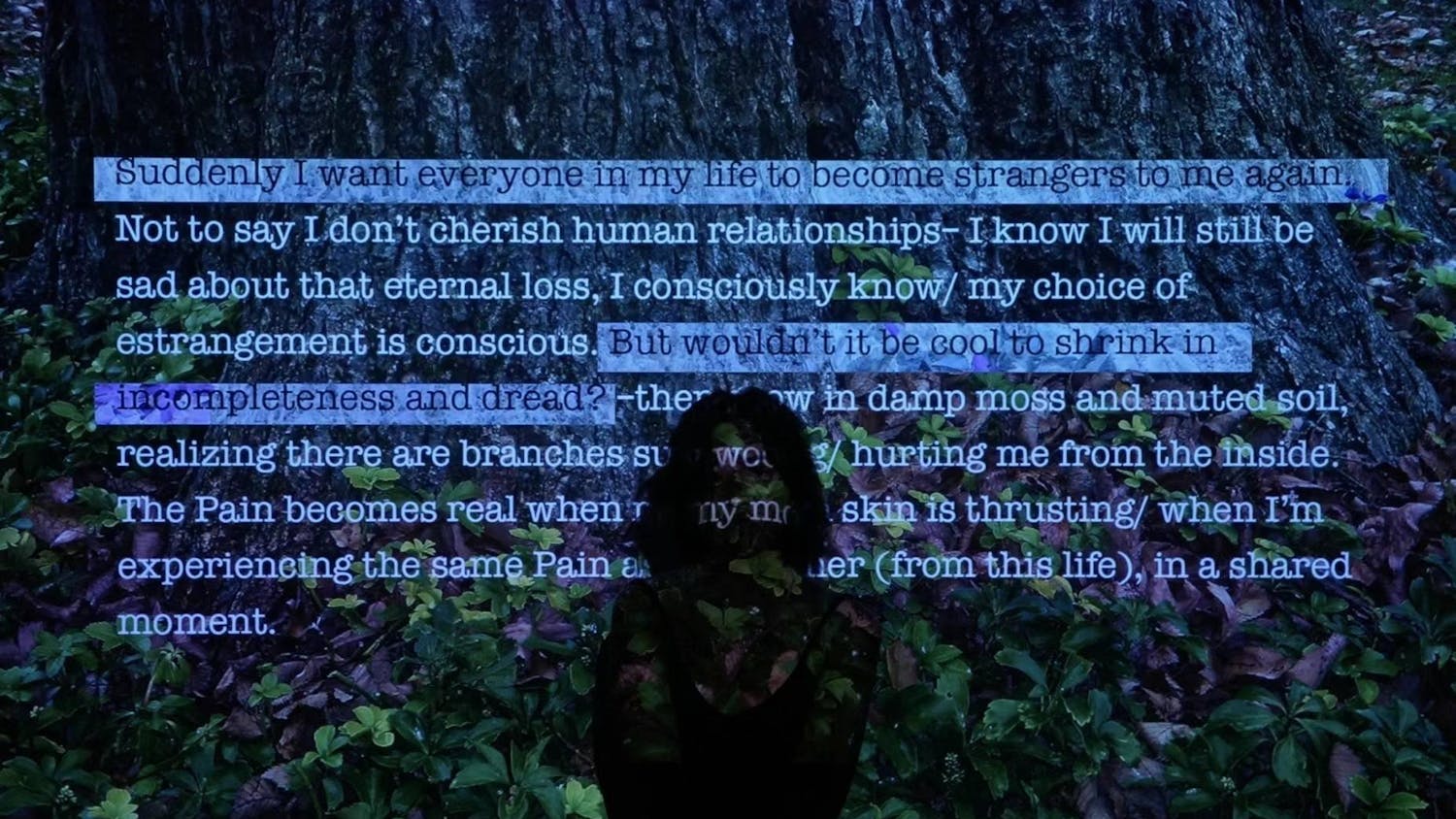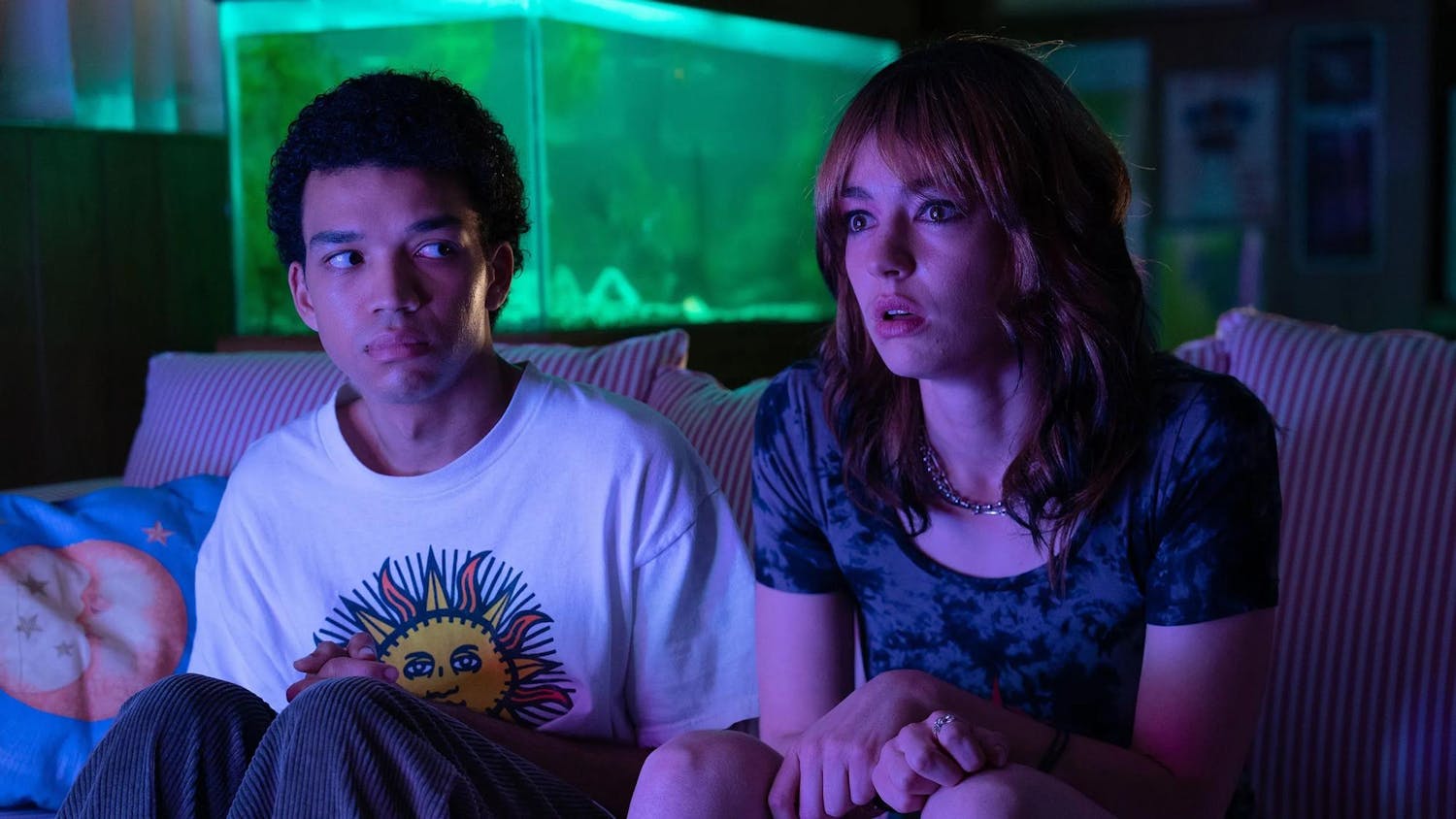Production Workshop’s new play resembles a pop-up book come to life. The backdrop is clean-cut, cotton candy pink and two-dimensional. The music is upbeat and cheerful. The characters are loud and dramatic, popping out of the stage like jack-in-the-boxes — energetic, quick and attention-grabbing.
The show gently pokes fun of itself and lovingly recounts the tale of two young men captured in war and held prisoners by a rival region in ancient Greece. The play “The Captives” is the translation of the Roman playwright Titus Maccius Plautus’ comedy “Captivi.”
Initially, the visual gap between the ancient storyline and the vibrant set and cast that portray it might startle viewers. Indeed, the flashy, almost plastic-like setting seems more appropriate for gossiping housewives at a suburban barbecue on a sunny Saturday afternoon. It is precisely that gap between Latin play and suburban America that makes the show all the more entertaining.
Plautus’ comedy is appropriated for the modern United States. The set and costumes are pointedly flat. The jokes and gags are accessible and funny. The actors are punchy and cheeky. The set and music are riddled with pop culture references.
In fact, the entire play is framed like a modern television show, which gives this Latin play a faintly familiar ring. “Roman and Greek comedies set up what we now see as sitcoms,” said Anthony DeRita ’18, director of “The Captives.”
“The Captives” is a very self-aware performance in terms of its kitschy decor and quirky feel. It leans into its kookiness, toying with the limits of the theatrical stage and television set. Represented on stage are characters that would not normally be featured in a traditional play or movie. The playwright Plautus himself is on stage and is the only character in a toga. The stage managers are seen around the set, performing their own off-beat silent sketches like human versions of Universal Pictures’ Minions. The main characters interact with these anomalous presences on stage.
Despite the liberties taken with the play’s presentation, the storyline of Plautus’ “Captivi” remains. The flashy set accommodates the twists of the original plot such that the director’s decision to make surburbia the backdrop of a story written two millennia ago — while still surprising — is not so much of a stretch.
In conclusion, PW’s “The Captives” is made most interesting by its modern, experimental twist. The show is defined by its campy style that colors its every aspect — a style that somehow fits with a classic play that doesn’t take itself too seriously.




